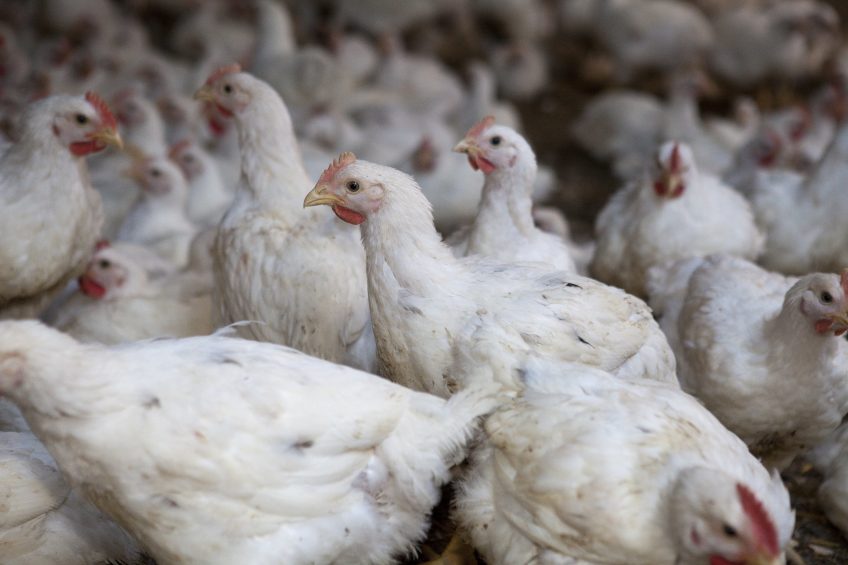Dutch bird flu outbreak leads to trade bans

Hong Kong has banned regional Dutch poultry products following an outbreak of low pathogenic avian influenza which led to the culling of more than 40,000 birds.
The Hong Kong authorities imposed the ban on all poultry meat and eggs produced in the western province of Zeeland. In the first six months of this year, Hong Kong bought 2,500 tonnes of frozen poultry and one million eggs from the Netherlands, according to the country’s Centre for Food Safety.
The Dutch outbreak, reported to the World Organisation for Animal Health (OIE) earlier this week, was found to be a sub-clinical infection and of the H5N2 virus, which is the strain that was involved in the large outbreak in the United States in 2015.
Dutch authorities imposed an immediate ban on the transportation of poultry, eggs, meat and manure within a 1km zone around the farm located in the village of Sint Philipsland, although there are no other poultry farms in the area.
Economic Affairs Minister Henk Kamp said in a statement that the decision to cull the birds was to stop the disease spreading: “A mild pathogenic variant of H5 can mutate into a very contagious and deadly strain for chickens. Therefore, in all such cases the animals have to be put down.”
The Dutch poultry industry is still reeling from the fipronil egg scandal that surfaced in August, which led to millions of eggs being dumped and 3.2m chickens killed.
More than 260 Dutch poultry farms are still closed, awaiting the all-clear form health officials to resume production, reports the news agency AFP.













